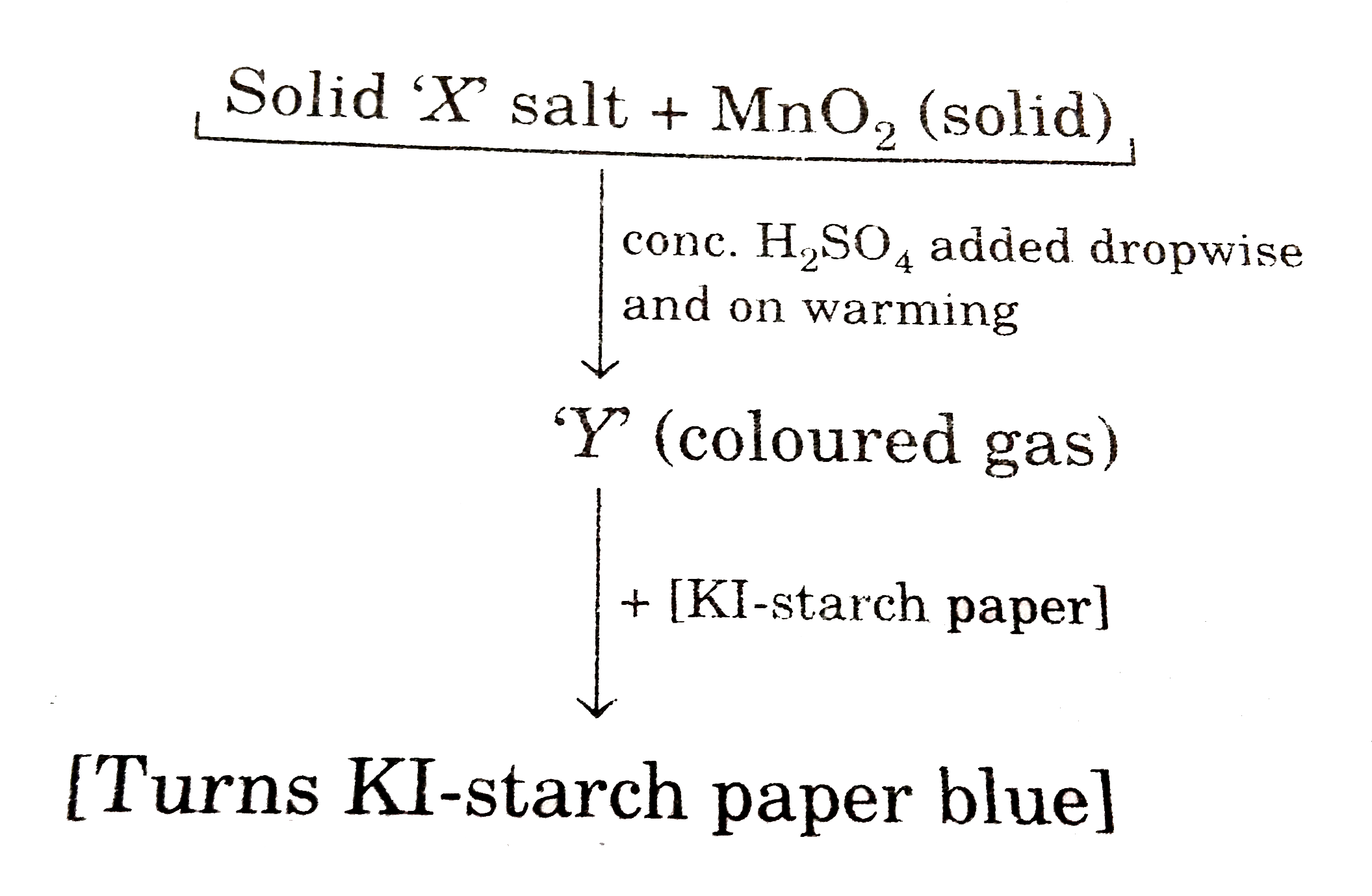Which of the following statement(s) is/are correct in the case of heavy water ?
Video Solution
Text Solution
Heavy water is used as moderator in nuclear reactor and is more associated than water.
|
Topper's Solved these Questions
- HYDROGENBOOK - MODERN PUBLICATIONCHAPTER - HYDROGENEXERCISE - NCERT FILE (NCERT EXEMPLAR PROBLEMS) (Short Answer Question)
35 Videos
- HYDROGENBOOK - MODERN PUBLICATIONCHAPTER - HYDROGENEXERCISE - NCERT FILE (NCERT EXEMPLAR PROBLEMS) (Matching Type Questions)
4 Videos
- HYDROGENBOOK - MODERN PUBLICATIONCHAPTER - HYDROGENEXERCISE - NCERT FILE (NCERT EXEMPLAR PROBLEMS) (MCQs-I)
18 Videos
- HYDROCARBONSBOOK - MODERN PUBLICATIONCHAPTER - HYDROCARBONSEXERCISE - UNIT PRACTICE TEST
15 Videos
- MOCK TEST -1BOOK - MODERN PUBLICATIONCHAPTER - MOCK TEST -1EXERCISE - SECTION -D
2 Videos
Similar Questions
Knowledge Check
Which of the following statements(s) is/are correct?
AAldehydes are generally oxidised under vigorous conditionsBKetones are easily oxidised to carboxylic acids even under mild oxidising agentsCOxidation of ketone involves carbon-carbon bond cleavage to give a mixture of carboxylic acids having lesser number of carbon atoms than the parent ketonesDAll of the aboveWhich of the following statements (s) is/are correct ?
AIn an inertial frame Wconservative+Wnon-conservative+Wother -force=K2−K1BIn a non - inertial frame : Wconservative+Wnon conservative +Wother -force+Wpseudo - force =K2−K1CWork done by conservative forces is independent of path followed .DWork done by non - conservative forces depends on path followed .Which of the following statements (s) is/ are correct ?
AKetones are generally oxidised under vigorous conditionsBldehydes are easily oxidised to carboxylic acids even under mild oxidising agentsCOxidation ketone involes carbon-carbon bond cleaveage to give a mixture of carboxylic acids having lesser number of carbon atoms than the parent ketonesDAll of the above
Which of the following statements(s) is (are) correct ?
View Solution
Which of the following statement(s) are correct?
View SolutionWhich of the following statements (s) is (are) correct?
View SolutionWhich of the following statements (s) is (are) correct?
View SolutionWhich of the following statements (s) is (are) correct?
View Solution
